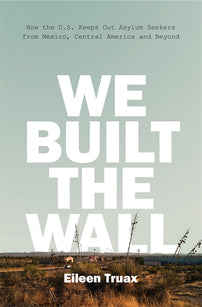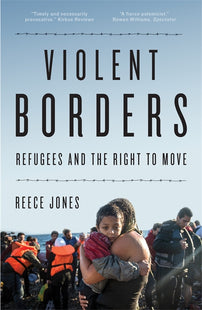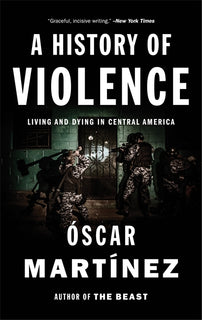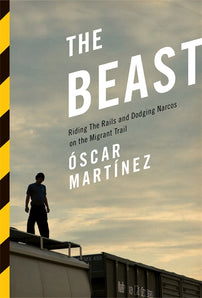The death of Jakelin Caal Maquin in Border Patrol custody
On December 8th of last year, seven year old Jakelin Caal Maquin died in Border Patrol custody. Her death came at the hands of Prevention Through Deterrence, a border security policy implemented under President Bill Clinton.

On December 8th of last year, seven year old Jakelin Caal Maquin died in Border Patrol custody.
Jakelin died less than 48 hours after being detained at a remote New Mexico border crossing. Fleeing the desperate poverty of Raxruha, Guatemala, Jakelin and her father had dreams of a better life. She got her first pair of shoes for the journey.
Guatemala’s colonial legacy plays out in widespread poverty and disinvestment targeting its Maya people. In the majority-indigenous municipality of Raxruha, 86% of the population lives in poverty or extreme poverty, its arable land concentrated in the hands of the wealthy few plantation owners. If this legacy of violence maps neatly onto US business interests, that’s hardly a coincidence: in 1954, the US government sponsored a military coup after Guatemala’s president moved to address indigenous poverty rates––threatening US agribusiness’ dominance in the region. Today, the drive to fulfill US palm oil consumption pushes Guatemala’s poor off their lands––and forces families like Jakelin’s to migrate.
It did not have to be a blood stained journey.
Jakelin died at the hands of Prevention Through Deterrence, a border security policy implemented under President Bill Clinton. It was death by bipartisan consensus.
Prevention Through Deterrence set out to raise the stakes of traversing the US-Mexico border. Through dramatic investments in surveillance and border militarization, migrants were pushed ever-deeper into the unforgiving desert terrain. While the Department of Homeland Security pinned the blame on Jakelin’s father for “choos[ing] to cross illegally”, Prevention Through Deterrence’s very metrics for success under the policy include “fee increases by smugglers”, “possible increase in complaints”, and “more violence at attempted entries.” Jakelin’s death was far from a sick fluke. It was the natural result of policy designed to kill.
The policy has not only failed to stem the flow of migration––but it has ensured the journey is a senselessly cruel one. Death in the desert is slow and unforgiving. And as activist group No More Deaths has argued, it is physically impossible to carry enough water to survive even a few days in the Sonoran Desert, a fact not lost on Border Patrol officials who routinely destroy water bottles left for migrants on the journey.
Prevention Through Deterrence assumes that people will simply stop coming if the journey is miserable enough. Or perhaps, by now, policymakers know better––but relish the abuse heaped onto vulnerable migrants. Whatever the intent, the impact is clear: over 7,000 have died making the journey since the policy’s inception.
Like Jakelin, eight year old Felipe Gómez Alonzo set out from Guatemala with his father a few days later. His village still bears the scars of US-backed indigenous genocide: in the aftermath, the traumatized population was left to rebuild from scraps. Yalambojoch has no electricity or running water; here too, disinvestment is as profound as it is intentional. Seeing no other chance at a future, Felipe’s father took out a loan and set out on the journey.
Felipe died on Christmas eve.
Natascha Elena Uhlmann is a writer and activist from Sonora, Mexico. She is the author of Abolish ICE.
[book-strip index="1" style="display"]






